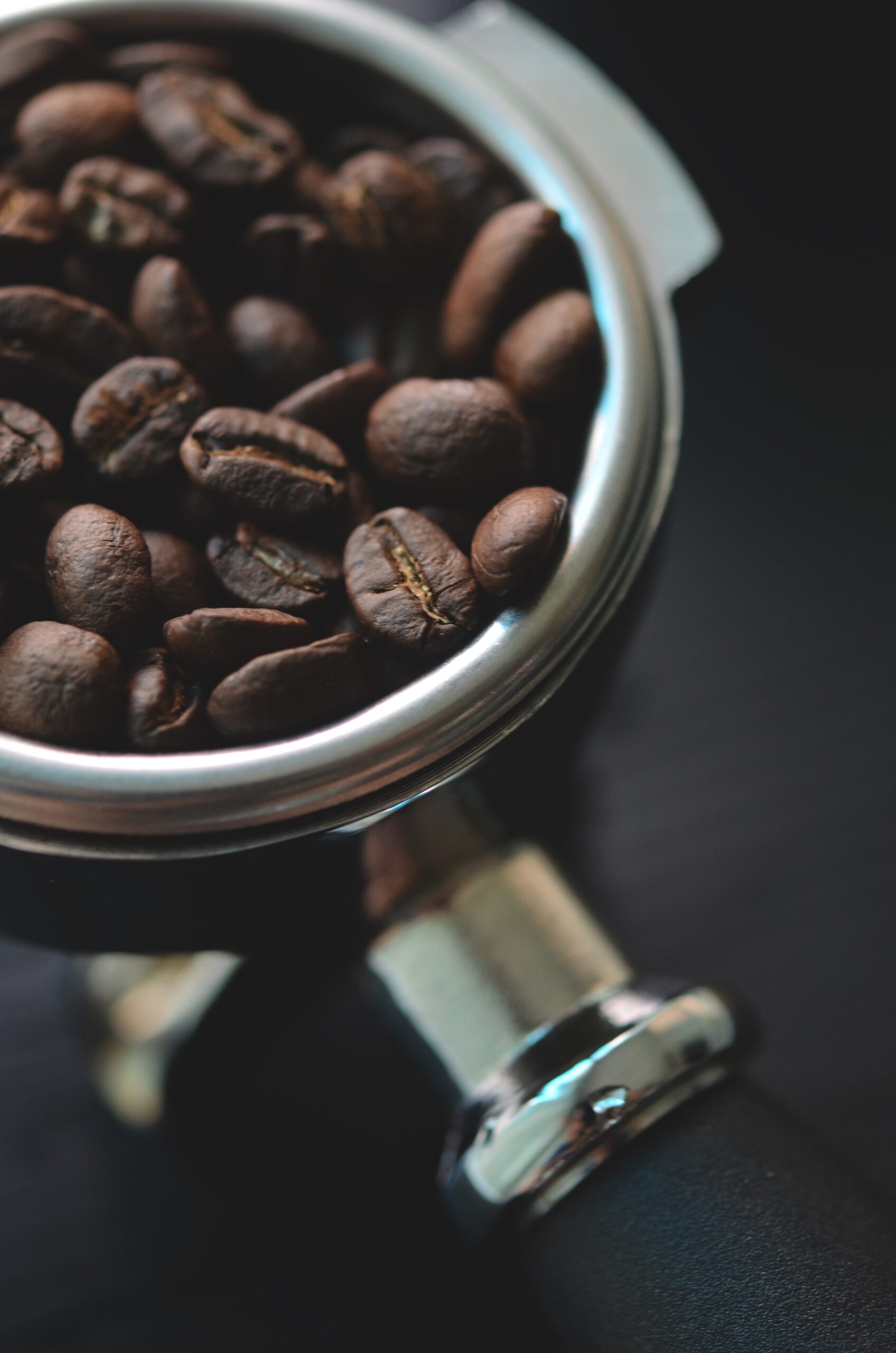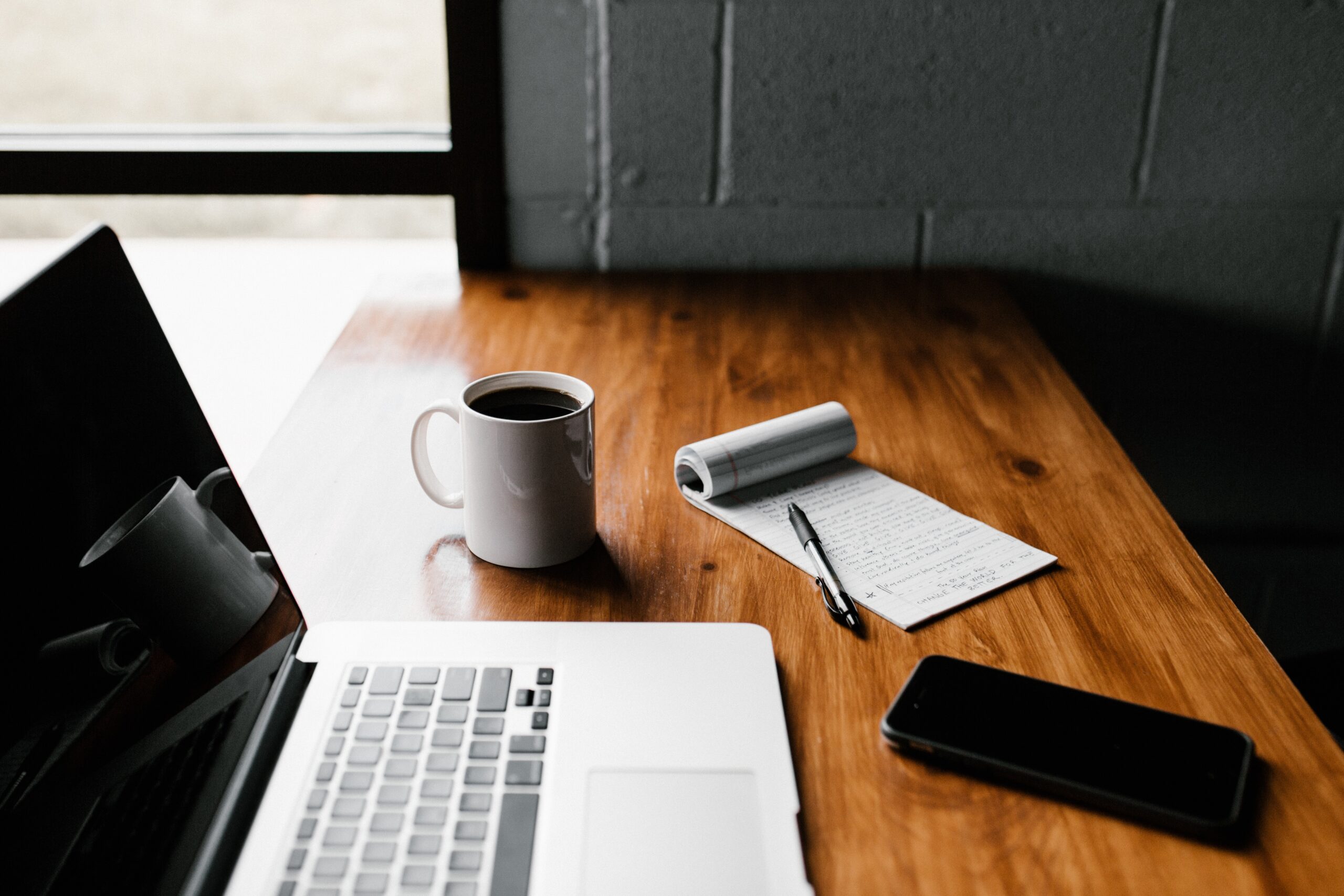
Fresh from celebrating International Coffee Day, we thought of giving this bold and bitter brew a proper greeting. Coffee, after all, is the world’s most popular drink. It plays a vital role in the everyday lives of people, especially those who love its taste, and depend on a good cup of joe to jumpstart and energize their day.
With as many as 2.5 billion cups consumed daily worldwide, it is interesting to note that coffee is, to this day, arguably healthy. Some say it is, some say it isn’t. A few just recommend limiting to 2 cups a day, while some studies say you can drink as much as you can. Which is it? Like a good cup of coffee, the answer is complex. Let’s get to the bottom of the mixed conclusions.
The controversial study
Perhaps the most popular study that almost caused people to avoid coffee like a plague was the one made by Bryan McMahon in 1981. He linked coffee to pancreatic cancer in the New England Journal of Medicine. He might as well have said coffee can drive one to an early grave.
It is said that after the release of the study, McMahon spent the next few days fielding endless phone calls from reporters.
But years later, this study was debunked. It turns out his method was flawed. The participants he interviewed were not only coffee drinkers, but also habitual smokers. Other studies pointed to coffee as a suspect to a many number of diseases — from heart disease to asthma.
But that time, the statistical methods and sampling were not as advanced as we have now. As Marilyn Cornelis, a caffeine and coffee researcher at Northwestern University’s Feinberg School of Medicine pointed out, “sometimes the public gets really frustrated with changes in nutrition and health, and that’s probably because what we knew thirty years back is different from what we know now, and our methods continually advance.”

In defense of coffee
But on the other side of the coin are numerous studies that conclude coffee is indeed good for you.
In a large 2017 review on coffee consumption and human health, the researchers found that moderate coffee drinkers had less cardiovascular disease, and premature death from all causes, including heart attacks and stroke, than those skipping the beverage.
Coffee has also been linked to protection from Type 2 diabetes, Parkinson’s disease, liver cancer, and other kinds of chronic liver diseases.
Sounds as good as the perfect cup of coffee, right?
Whether you’re a habitual coffee drinker, or just love a coffee date once in a while, here are the pros and cons of drinking coffee that you should know about.
Pro: Coffee has antioxidant properties
When we talk about the health benefits of coffee, much of it is due to its antioxidant properties.
Coffee is rich in plant compounds called polyphenols, which are micronutrients. These plant compounds counter the effects of free radicals and other toxic compounds.
Coffee is one of the most polyphenol-rich beverages consumed worldwide, containing 214 mg of total polyphenols per 100 ml.
Con: Coffee can increase anxiety.
Coffee is best known for containing caffeine, a natural drug that works on the central nervous system and stimulates brain activity. How does caffeine do this? Caffeine works to block adenosine, a nucleoside inside the body that promotes sleepiness.
Caffeine works quickly. As soon as it enters the bloodstream, it would make you feel alert, awakened, and more focused. It also increases the circulation of chemicals, such as cortisol (primary stress hormone) and adrenaline in the body.
With that said, coffee is really a powerful way to perk up your mornings. However, because coffee increases the blood pressure and heart rate, it produces feelings of anxiety.
As Health explains, “the natural effects of caffeine stimulate a host of sensations, such as your heart beating faster, your body heating up, your breathing rate increasing—all things that mimic anxiety.” It’s hard to distinguish between the two, since the chemical effects are the same.
So if you have anxiety, or any heart problems, doctors will discourage you from drinking coffee, especially in high doses. There are decaffeinated options, if you really like indulging in coffee every now and then.

Pro: Coffee can lead to weight loss
Coffee’s weight loss benefit mostly stems from the fact that it’s a low-calorie drink. Minus the additives like sugar and milk, a cup of coffee alone contains only five calories. So besides drinking water, drinking coffee as a beverage instead of sugary drinks will help you achieve a calorie deficit – through consuming fewer calories than you burn. Coffee is also considered an appetite suppressant, promoting feelings of fullness.
As well, coffee is known to rev up metabolism. “Coffee increases metabolism because caffeine enhances your metabolic thermogenesis, which is the process by which the body generates heat from digested food substances,” says Daniel Boyer, MD, a medical researcher in Des Moines, Iowa, who focuses on molecular biology and pharmacology, in an interview with Everyday Health.
It’s important to note, however, that while coffee may help aid in weight loss, it is should not replace proper diet and exercise as one’s main weight reduction strategies.
Con: Coffee is addictive.
Ask the one billion coffee drinkers worldwide to quit coffee, and you’d likely be met with a resounding no. Caffeine, it turns out, has addictive properties, but not in the sense that people have come to be addicted to drugs and cigarettes.
So, let us requalify that, caffeine causes mild physical dependence. You grow to depend on coffee to supercharge your day or your morning. When you quit cold turkey, you may suffer from withdrawal symptoms, such as headaches, lack of concentration, irritability, and drowsiness.
Pro: Coffee is a natural and safe way to boost performance.
The Netflix documentary Take Your Pills delves into the popular medication, Adderall, and the many students, professionals, and even athletes who have grown addicted to them.
Adderall is a chemically-manufactured drug that contains amphetamines, which causes a quick surge of energy levels. It has also been linked to serious side effects, such as heart attack and stroke.
Compared to Adderall, coffee is a natural and plant-based drug that is much safer to drink when pulling an all-nighter, or crunching deadlines. Further, it won’t lead to substance abuse and heavy addiction.

Con: It’s not safe for pregnancy.
For years, pregnant women have been told to steer clear of coffee. The reason? Caffeine is able to travel from the placenta to the baby.
Others say it might lead to pre-term birth or miscarriage. But there’s no evidence to support this.
Experts now advise pregnant women not to stop drinking coffee entirely. Low moderate amounts are okay, limiting consumption to 1-2 cups per day.
Health benefits
Is coffee good for you? We now know the answer cannot be answered by a yes or no. Instead, it’s best answered with “it depends on your goals” and “your caffeine tolerance.”
Should you take it for its antioxidant content? There are other plant-based sources out there with more antioxidants. Should you use it to boost your energy? Yes, you can, but drink in moderation, especially if you get jitters or palpitations. As promised, the answer is complex.
But if you enjoy your coffee, and it has helped you improve your life, then by all means, savor those sips. Happy International Coffee Day!
Tags
References:
Harvard News: Is Coffee Good or Bad For Your Health?
New York Times: Is Coffee Good For You?
https://www.whattoexpect.com/pregnancy/eating-well/week-4/caffeine-during-pregnancy.aspx
https://www.insider.com/guides/health/diet-nutrition/coffee-weight-loss
https://www.theweek.co.uk/coffee/956932/the-pros-and-cons-of-drinking-coffee
https://www.insider.com/guides/health/diet-nutrition/coffee-weight-loss



0 Comments
Trackbacks/Pingbacks